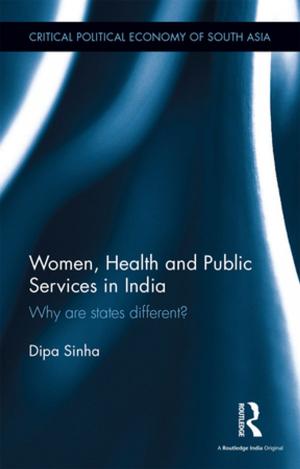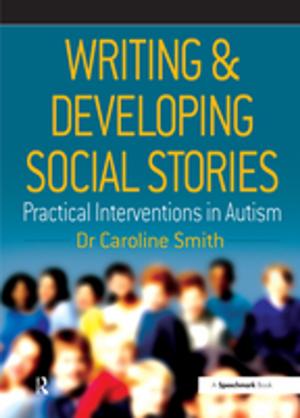| Author: | ISBN: | 9781317381617 | |
| Publisher: | Taylor and Francis | Publication: | February 2, 2018 |
| Imprint: | Routledge | Language: | English |
| Author: | |
| ISBN: | 9781317381617 |
| Publisher: | Taylor and Francis |
| Publication: | February 2, 2018 |
| Imprint: | Routledge |
| Language: | English |
For small nations like Grenada, New Zealand and Norway, medal counts relative to population are increasingly touted as the most meaningful comparisons with sporting superpowers China, the United States and Germany. In acknowledging that 60% of the world’s states have populations of less than 10 million and 48% of these have less than 5 million inhabitants, this book explores how the ‘minnows’ can build or sustain their sport programmes.
Despite the immense variation among and between small states, this book suggests that scale ‘matters’. The contributors, from Antigua and Barbuda, Finland, Lebanon, Norway, New Zealand, and Sweden demonstrate the challenges and opportunities of governing sport in their respective countries. These works highlight the distinctive policy ‘ecologies’ of sport in small states, marked by the unique responses to global pressures, the domestic realities of having limited resources, and by the close-knit networks of accountability. This volume will help scholars and policy makers to better understand the significance of having fewer ‘degrees of separation’ and the implications this has for sport.
This book was published as a special issue of the International Journal of Sport Policy and Politics.
For small nations like Grenada, New Zealand and Norway, medal counts relative to population are increasingly touted as the most meaningful comparisons with sporting superpowers China, the United States and Germany. In acknowledging that 60% of the world’s states have populations of less than 10 million and 48% of these have less than 5 million inhabitants, this book explores how the ‘minnows’ can build or sustain their sport programmes.
Despite the immense variation among and between small states, this book suggests that scale ‘matters’. The contributors, from Antigua and Barbuda, Finland, Lebanon, Norway, New Zealand, and Sweden demonstrate the challenges and opportunities of governing sport in their respective countries. These works highlight the distinctive policy ‘ecologies’ of sport in small states, marked by the unique responses to global pressures, the domestic realities of having limited resources, and by the close-knit networks of accountability. This volume will help scholars and policy makers to better understand the significance of having fewer ‘degrees of separation’ and the implications this has for sport.
This book was published as a special issue of the International Journal of Sport Policy and Politics.















